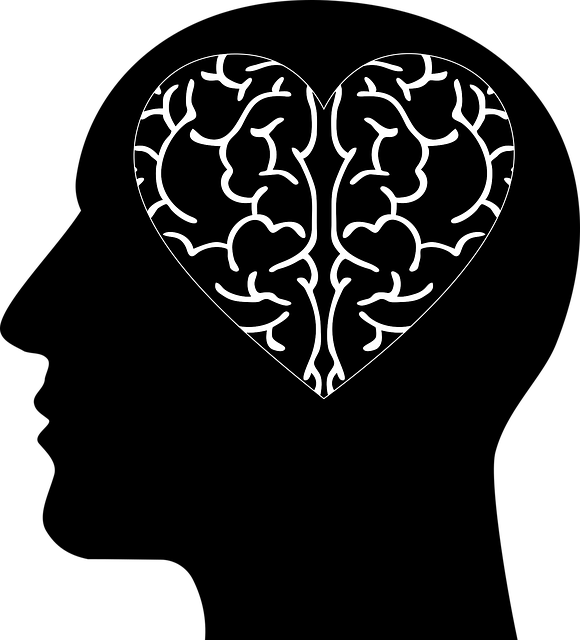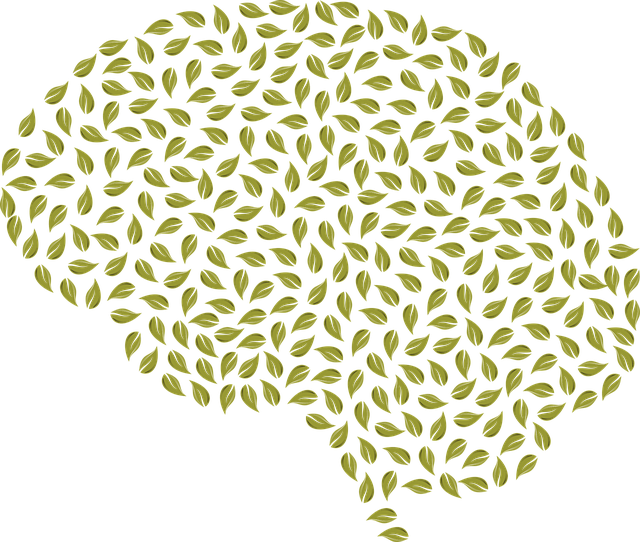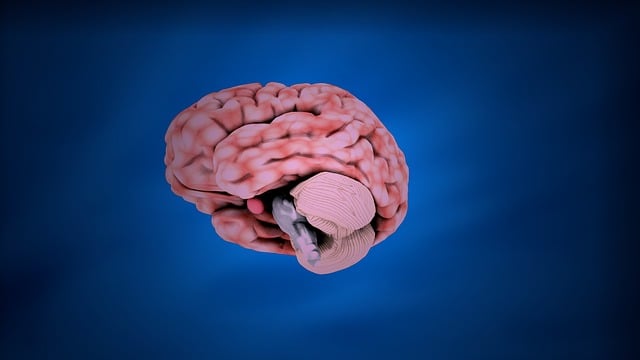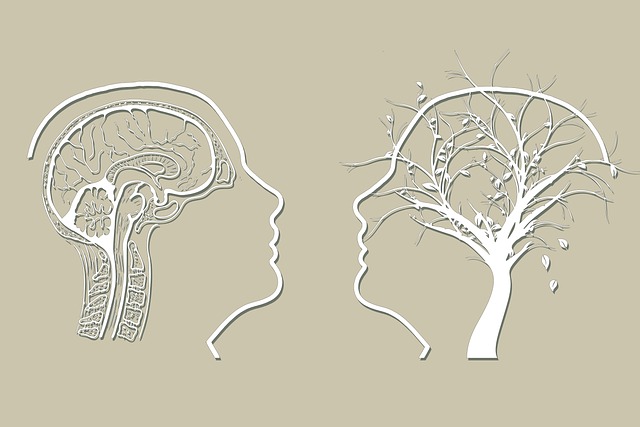Negative media portrayals of mental health among young adults often perpetuate harmful stereotypes, hindering understanding of conditions like PTSD and anxiety disorders. Cognitive Processing Therapy (CPT), an effective treatment, is rarely showcased. By integrating CPT into media narratives alongside self-care routines, we can foster better mental health awareness and encourage support for individuals battling mental illness. Media literacy education further empowers young adults to critically analyze content, recognize their own mental health concerns, and seek appropriate support. Combining media literacy with evidence-based therapies like CPT significantly enhances well-being outcomes.
Mental illness representation in media has long been a topic of debate, with portrayals often perpetuating harmful stereotypes. This article explores strategies to challenge these narratives. We delve into the current state of mental health depiction in the media and propose Cognitive Processing Therapy as a potential solution for creating more accurate and empowering representations. Additionally, we discuss the role of media literacy and therapeutic interventions in fostering a better understanding and supporting therapy for young adults.
- Understanding Mental Illness Representation in Media: The Current Scenario
- Cognitive Processing Therapy: A Potential Solution for Accurate Portrayals
- Empowering Young Adults Through Media Literacy and Therapeutic Interventions
Understanding Mental Illness Representation in Media: The Current Scenario

Mental illness representation in media has long been a topic of debate and analysis. Currently, portrayals often fall into stereotypical or simplistic narratives, leading to misunderstandings among audiences. The media’s influence on public perception is significant, especially for younger audiences who are still forming their ideas about mental health. This lack of nuanced representation can contribute to stigma, fear, or even dismissiveness towards individuals struggling with various mental health conditions.
Cognitive Processing Therapy (CPT), a proven effective treatment for post-traumatic stress and other anxiety disorders, is one example of a therapy that has been under-represented in media. Similarly, the importance of risk assessment for mental health professionals in managing at-risk clients is often overlooked. By integrating self-care routine development as a key component in these discussions, we can foster better mental health awareness. Stress reduction methods, when highlighted alongside accurate representations of therapy options, have the potential to significantly impact how society views and supports individuals battling mental illness, especially young adults.
Cognitive Processing Therapy: A Potential Solution for Accurate Portrayals

Cognitive Processing Therapy (CPT) offers a promising approach to addressing the stereotypical and often harmful representations of mental illness in media. This evidence-based therapy is specifically tailored to help young adults navigate and overcome the challenges associated with various mental health disorders. By focusing on cognitive restructuring, CPT empowers individuals to challenge negative thought patterns and beliefs, ultimately leading to more accurate and empathetic portrayals of mental illness in popular culture.
The methodology behind CPT involves intensive guidance in crisis intervention and risk assessment for mental health professionals, ensuring a comprehensive understanding of the client’s experiences. This structured approach aligns with the core principles of mind over matter, encouraging clients to take an active role in reframing their perceptions. As media consumers increasingly demand authentic representations of mental health struggles, therapies like CPT play a vital role in shaping a more nuanced and compassionate narrative, challenging outdated stereotypes one step at a time.
Empowering Young Adults Through Media Literacy and Therapeutic Interventions

Media has a profound impact on young adults’ perceptions and understanding of mental health. By empowering them with media literacy skills, we can challenge stereotypes and promote positive representations. Educating young adults to critically analyze media content enables them to recognize accurate portrayals of mental illness and seek appropriate support when needed. This process boosts their confidence in managing their own mental well-being.
Additionally, incorporating therapeutic interventions like Cognitive Processing Therapy (CPT) alongside media literacy can significantly enhance outcomes. CPT equips young adults with effective communication strategies and stress management techniques, fostering resilience against mental health challenges. Through a combination of media analysis and evidence-based therapy, we empower them to navigate the complexities of mental illness representation, ultimately improving their overall well-being and ability to seek help when needed.
In conclusion, mental illness representation in media demands a shift towards more accurate and empathetic portrayals. By implementing solutions like Cognitive Processing Therapy and empowering young adults with media literacy, we can foster better understanding and reduce stigma. These strategies not only enhance the quality of media content but also provide essential support for those struggling with mental health issues, ultimately promoting a healthier society for young adults in need of therapy.














